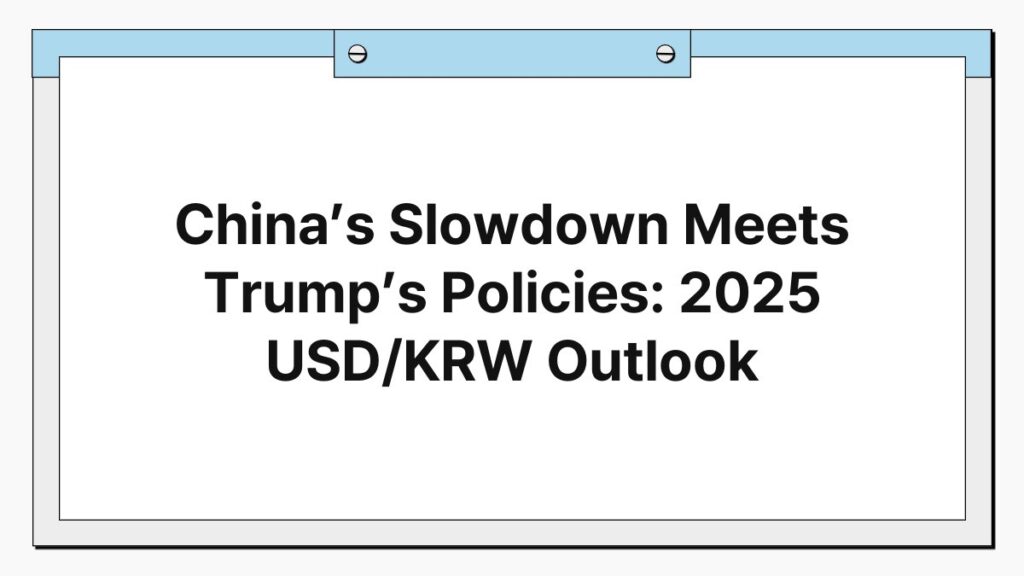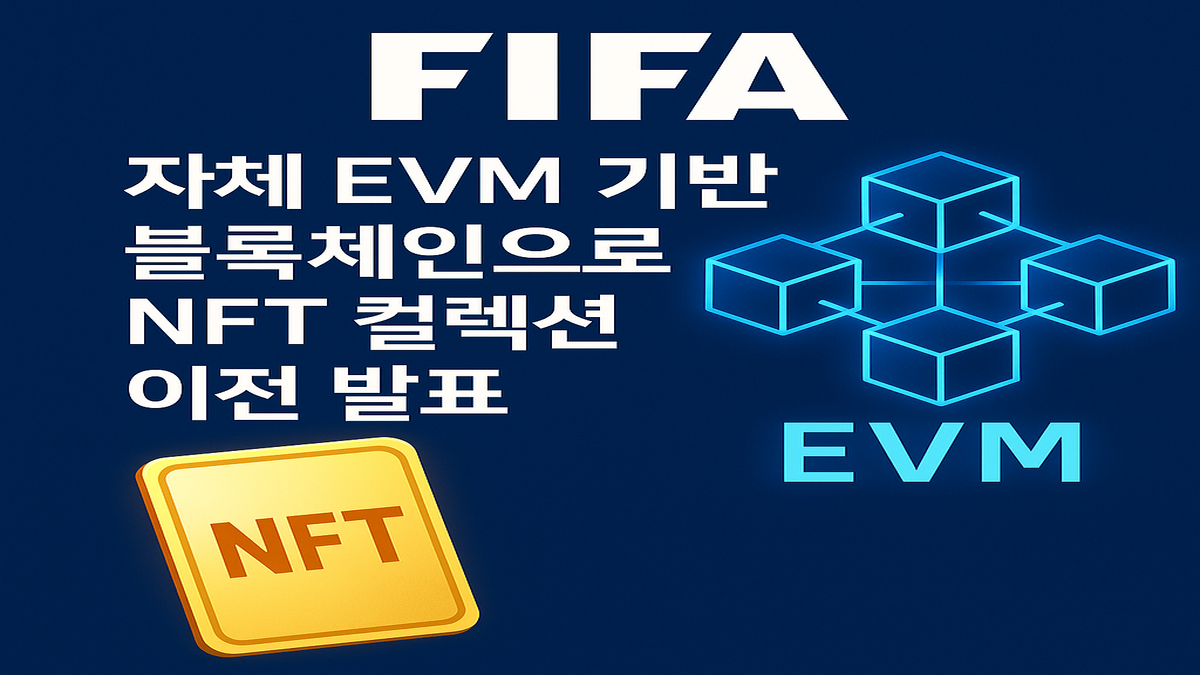[K-Bridge/Samuel] PayPal’s Stablecoin Escapes SEC Penalty: What It Means for Fintech
PayPal’s recent announcement regarding its stablecoin has stirred significant interest within the fintech community.
The company has managed to avoid penalties from the Securities and Exchange Commission (SEC), a move that could set a precedent for the future of digital currencies.
This situation highlights the evolving regulatory landscape surrounding cryptocurrencies and the implications for companies operating in this space.
Understanding the details of this development is crucial for anyone involved in fintech, as it may influence investment strategies, regulatory compliance, and market dynamics.
By reading this article, you will gain insights into the SEC’s stance on stablecoins, the potential impact on PayPal and other fintech companies, and the broader implications for the cryptocurrency market.
PayPal’s Stablecoin Overview
The Nature of PayPal’s Stablecoin
PayPal’s stablecoin is designed to provide a digital currency option that is pegged to a stable asset, typically the US dollar.
This stability makes it an attractive option for users who wish to engage in digital transactions without the volatility commonly associated with cryptocurrencies.
By offering a stablecoin, PayPal aims to facilitate seamless transactions, allowing users to send and receive money with minimal risk of value fluctuation.
This initiative aligns with the growing demand for reliable digital payment solutions in an increasingly digital economy.
Regulatory Considerations
The SEC’s scrutiny of cryptocurrencies has raised questions about the regulatory framework governing stablecoins.
Traditionally, stablecoins have faced challenges regarding their classification as securities.
However, PayPal’s successful navigation of these regulatory waters suggests a potential shift in how such digital assets may be treated moving forward.
The SEC’s decision not to impose penalties indicates a willingness to engage with fintech companies to establish clearer guidelines, fostering innovation while ensuring consumer protection.
Market Reception and User Adoption
The launch of PayPal’s stablecoin has garnered attention from both users and investors.
The positive reception reflects a broader trend towards the adoption of digital currencies by mainstream financial institutions.
Users appreciate the convenience and security offered by PayPal’s established platform, which enhances trust in the use of digital currencies for everyday transactions.
As more individuals and businesses embrace stablecoins, the demand for such products is likely to increase, further solidifying PayPal’s position in the fintech landscape.
Implications for Fintech Companies
Competitive Landscape
The successful introduction of PayPal’s stablecoin has significant implications for the competitive landscape within the fintech sector.
Traditional financial institutions may feel pressured to innovate and offer similar products to remain relevant.
As digital currencies gain traction, companies that fail to adapt could risk losing market share to more agile fintech players.
This competitive environment will likely spur further advancements in technology and services, benefiting consumers and businesses alike.
Investment Strategies
With PayPal’s stablecoin gaining traction, investors may need to reassess their strategies in the cryptocurrency market.
The stability associated with PayPal’s offering could attract a different demographic of investors who are typically wary of the volatility present in traditional cryptocurrencies.
This shift may lead to increased capital inflow into stablecoins and other digital assets, prompting investment firms to develop new products and services tailored to this emerging market.
Regulatory Compliance and Best Practices
As fintech companies navigate the evolving regulatory landscape, compliance will become a critical focus.
PayPal’s experience with the SEC offers valuable lessons for other companies in the sector.
Establishing robust compliance frameworks and engaging proactively with regulatory bodies can help mitigate risks and foster a more favorable operating environment.
Companies that prioritize compliance will not only protect themselves from potential penalties but also enhance their reputations among consumers and investors.
The Future of Stablecoins
Potential for Broader Adoption
PayPal’s stablecoin could serve as a catalyst for broader adoption of digital currencies in everyday transactions.
As more consumers and businesses recognize the benefits of stablecoins, we may witness a shift in payment preferences.
This trend could lead to increased acceptance of stablecoins by merchants, further integrating them into the mainstream financial ecosystem.
The potential for widespread adoption presents an exciting opportunity for fintech companies to innovate and expand their offerings.
Technological Advancements
The development of stablecoins like PayPal’s may drive technological advancements within the fintech sector.
Companies will likely invest in new technologies to enhance the security and efficiency of digital transactions.
Blockchain technology, in particular, may see increased adoption as companies seek to leverage its benefits for stablecoin transactions.
These advancements could lead to improved user experiences and greater trust in digital currencies.
Impact on Traditional Banking
The rise of stablecoins poses a challenge to traditional banking institutions.
As consumers gravitate towards digital currencies for their transactions, banks may need to rethink their service offerings.
This shift could prompt banks to explore partnerships with fintech companies or develop their own digital currencies to remain competitive.
The integration of stablecoins into the financial ecosystem may ultimately reshape the relationship between consumers and traditional banking services.
Challenges Ahead for Stablecoins
Regulatory Uncertainty
Despite the positive developments surrounding PayPal’s stablecoin, regulatory uncertainty remains a significant challenge.
The SEC’s approach to stablecoins may evolve, leading to new regulations that could impact existing products.
Fintech companies must stay vigilant and adaptable to navigate these changes effectively.
Ongoing engagement with regulators will be essential to ensure compliance and foster a collaborative environment for innovation.
Security Concerns
As with any digital asset, security concerns surrounding stablecoins cannot be overlooked.
The potential for hacking or fraud poses risks to users and companies alike.
PayPal’s established security measures will be crucial in instilling confidence among users, but the entire fintech sector must prioritize cybersecurity.
Companies that fail to address these concerns may face reputational damage and financial losses.
Market Volatility
While stablecoins aim to provide stability, external factors can still influence their value.
Market volatility, regulatory changes, and technological disruptions could impact the performance of stablecoins.
Companies must be prepared to address these challenges and develop strategies to mitigate risks associated with market fluctuations.
A proactive approach to risk management will be essential for the long-term success of stablecoins in the fintech landscape.
The Role of Consumer Education
Importance of Awareness
Consumer education plays a vital role in the successful adoption of stablecoins.
As digital currencies become more prevalent, users must understand how they work and the associated risks.
Fintech companies, including PayPal, have a responsibility to provide clear information about their products.
By fostering awareness and understanding, companies can empower consumers to make informed decisions regarding their financial transactions.
Educational Initiatives
To promote consumer education, fintech companies can implement various initiatives.
These may include webinars, informational resources, and interactive tools that help users navigate the world of stablecoins.
By offering accessible educational materials, companies can demystify digital currencies and build trust among potential users.
This commitment to education will ultimately contribute to the broader acceptance of stablecoins in the market.
Building Trust Through Transparency
Transparency is essential in fostering trust between consumers and fintech companies.
By openly communicating about the mechanics of stablecoins and the measures in place to ensure security, companies can alleviate concerns and encourage adoption.
PayPal’s experience can serve as a model for other companies, demonstrating the importance of transparency in building lasting relationships with users.
Conclusion: The Road Ahead for Fintech
The successful launch of PayPal’s stablecoin without SEC penalties marks a significant milestone for the fintech industry.
As companies navigate the evolving regulatory landscape, the implications for investment strategies, competition, and consumer adoption will be profound.
PayPal’s experience highlights the importance of compliance, transparency, and consumer education in fostering a thriving digital currency ecosystem.
The future of stablecoins looks promising, with potential for widespread adoption and technological advancements.
However, challenges remain, including regulatory uncertainty and security concerns.
By prioritizing these issues, fintech companies can position themselves for success in a rapidly changing financial landscape.








